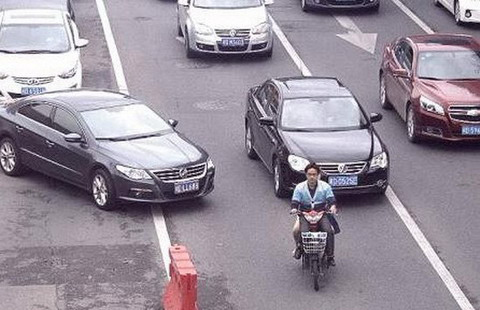Obama offers same old vision of division
By Hannay Richards (China Daily) Updated: 2014-11-18 08:15He asserted that an effective security order for Asia must be based "not on spheres of influence, or coercion, or intimidation where big nations bully the small", yet those should be laid at the door of the White House, as it is the US' insistence on such tactics to promote its own dominance that have resulted in the tensions and uncertainties plaguing the region. The alliances that Obama went to great lengths to praise are an inflexible structure that heralds disaster unless adjusted to meet the changing times.
Obama's allusive remarks were clearly aimed at China, whose rise the US is having trouble adapting to. When Obama did finally get round to naming China, it was to portray the two countries as best buddies, but only when it is acting in accordance with the US' wishes.
He was happy to praise China's role as a responsible actor in the region when the two countries' interests overlap, when it is "cut from the same cloth" as Australia or the US' other regional allies. He was less forthcoming about China's role in the areas where they disagree. The message was clear, if you're not wearing the gang colors you're not welcome to have a say in what the US regards as its area.
And so there could be no doubts about the message, Obama elaborated how the US will continue to modernize its defense posture across the region, deploying more of its "most advanced military capabilities to keep the peace and deter aggression" and steadily deepening its engagement in the region "day in and day out".
Then with a straight face he said, "We do this without any territorial claims".
This after quoting Brisbane's famous son, David Malouf, who has written that the shrinking of distance means "even the Pacific, the largest of oceans, has become a lake", which only served to reinforce the perception that the US considers the Pacific to be its own private lake that others can use only if it chooses to grant them the privilege; a privilege that it will extend exclusively to its friends.
The overall tone of his speech was another clear indication that the US' self-conceived exceptionalism is nothing more than the hubris that comes with thinking you are better than anyone else. On the surface, Obama appeared to be promoting inclusiveness and friendship, nicely wrapped up as usual with the promotion of values that have universal appeal, but in reality it was a reaffirmation to its allies that the US had not changed tack.
After the positive vibes given off by the APEC meeting in Beijing, Obama's speech, with its business-as-usual message, was a real a downer. The paucity of imagination shown in the old-school vision of division he presented was in stark contrast to the forward-looking inclusiveness elaborated by Beijing earlier in the week.
But, of course, if the US is to continue to play its leading role in world affairs in the 21st century, it needs a bogeyman to star against, and China is the country that best fits the bill.
The author is a writer with China Daily. hannayrichards@chinadaily.com.cn











